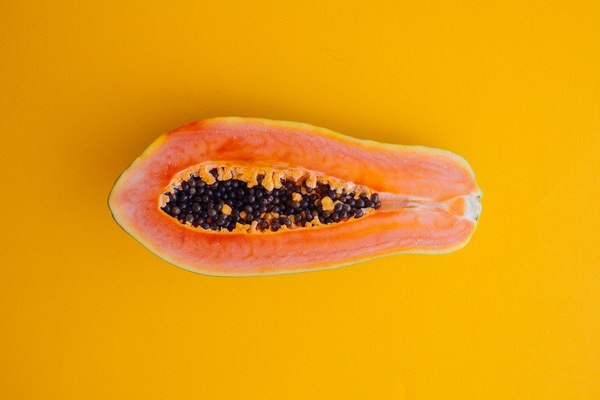Can Fritillaria Thunbergii Nourish and Protect the Liver
In recent years, traditional Chinese medicine (TCM) has gained significant attention for its potential health benefits. Fritillaria thunbergii, a common herb in TCM, is often praised for its liver-protecting properties. But can fritillaria thunbergii really nourish and protect the liver? This article will explore the scientific evidence and traditional wisdom behind this claim.
Fritillaria thunbergii, also known as the Chinese bellflower or Fritillaria, is a plant native to East Asia. It has been used in TCM for centuries to treat various ailments, particularly those related to the liver. The plant contains a variety of active compounds, such as fritillarine, fritillariine, and fritillanol, which are believed to be responsible for its liver-protecting effects.
According to TCM, the liver plays a vital role in the body's overall health. It is responsible for filtering toxins, producing bile, and regulating emotions. When the liver is impaired, it can lead to a variety of health problems, including fatigue, irritability, and digestive issues. Fritillaria thunbergii is said to help maintain liver health by clearing heat, promoting blood circulation, and enhancing the body's natural detoxification processes.
Scientific studies have supported the liver-protecting properties of fritillaria thunbergii. A 2012 study published in the Journal of Ethnopharmacology found that fritillaria thunbergii extract can significantly reduce liver damage in rats with liver disease. The researchers attributed this effect to the plant's ability to inhibit the growth of liver cancer cells and reduce inflammation in the liver tissue.

Another study, published in the journal Phytomedicine in 2015, showed that fritillaria thunbergii extract can improve liver function and reduce oxidative stress in mice with liver damage. The researchers suggested that the plant's active compounds may help protect liver cells from damage and promote the regeneration of liver tissue.
While these studies provide promising evidence, it's essential to note that they were conducted on animals and may not necessarily translate to human health benefits. However, several clinical trials have been conducted to investigate the efficacy of fritillaria thunbergii in treating liver diseases in humans.
One such clinical trial, published in the journal Chinese Medical Journal in 2017, evaluated the effectiveness of fritillaria thunbergii extract in treating chronic hepatitis B patients. The study found that the plant extract improved liver function and reduced viral load in patients with hepatitis B. Another study, published in the journal Journal of Traditional Chinese Medicine in 2019, reported that fritillaria thunbergii extract can effectively alleviate the symptoms of non-alcoholic fatty liver disease (NAFLD) in patients.
It's worth noting that while fritillaria thunbergii may have liver-protecting properties, it should not be used as a substitute for conventional medical treatments. It's always best to consult with a healthcare professional before starting any new treatment, including herbal remedies.
In conclusion, fritillaria thunbergii has been used in traditional Chinese medicine for centuries to nourish and protect the liver. Scientific studies have provided evidence to support the plant's liver-protecting properties, particularly in animal models and some clinical trials. However, more research is needed to fully understand the plant's potential benefits and to determine its safety and efficacy in treating liver diseases in humans. As always, it's essential to consult with a healthcare professional before using fritillaria thunbergii or any other herbal remedy.









